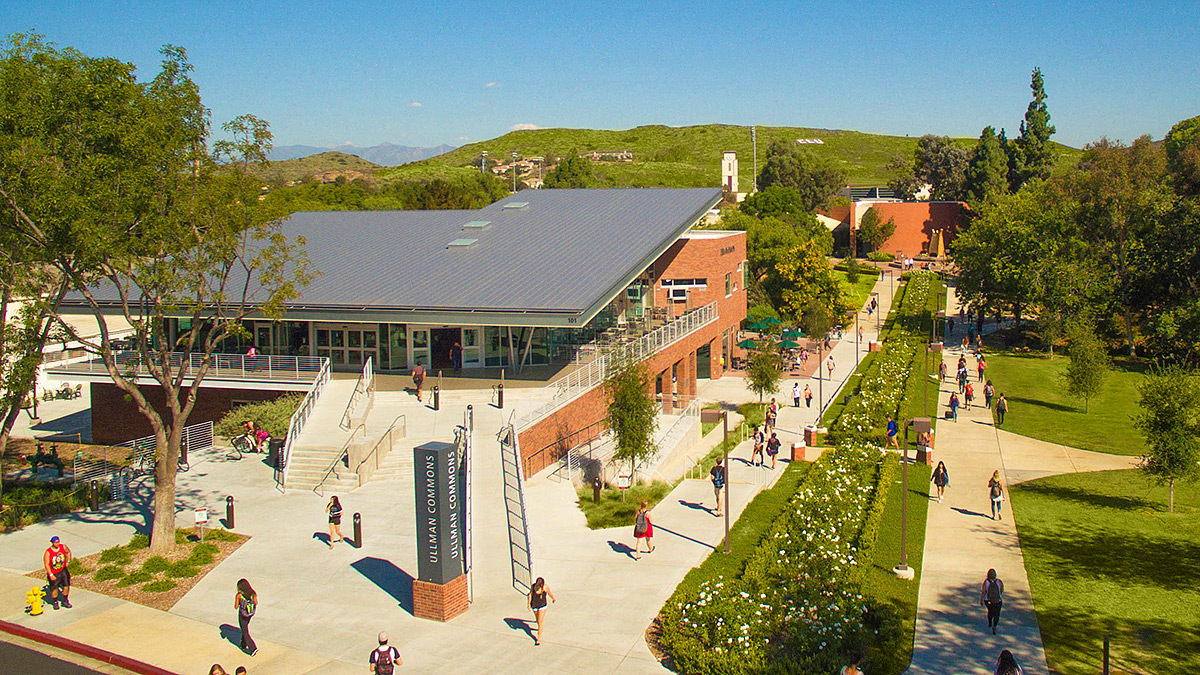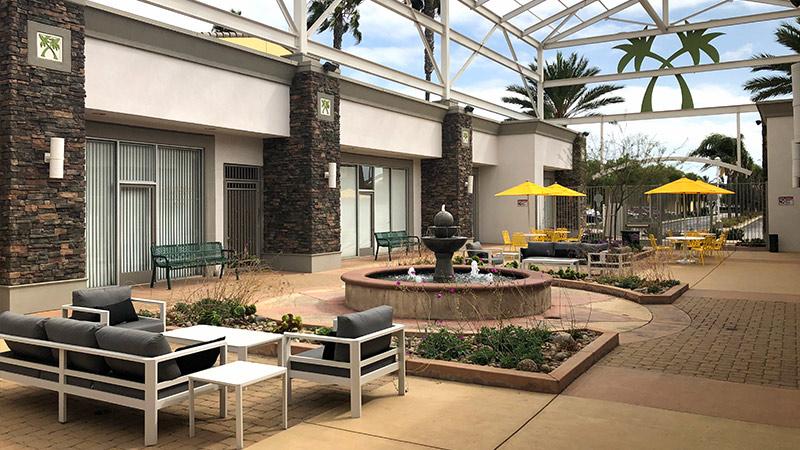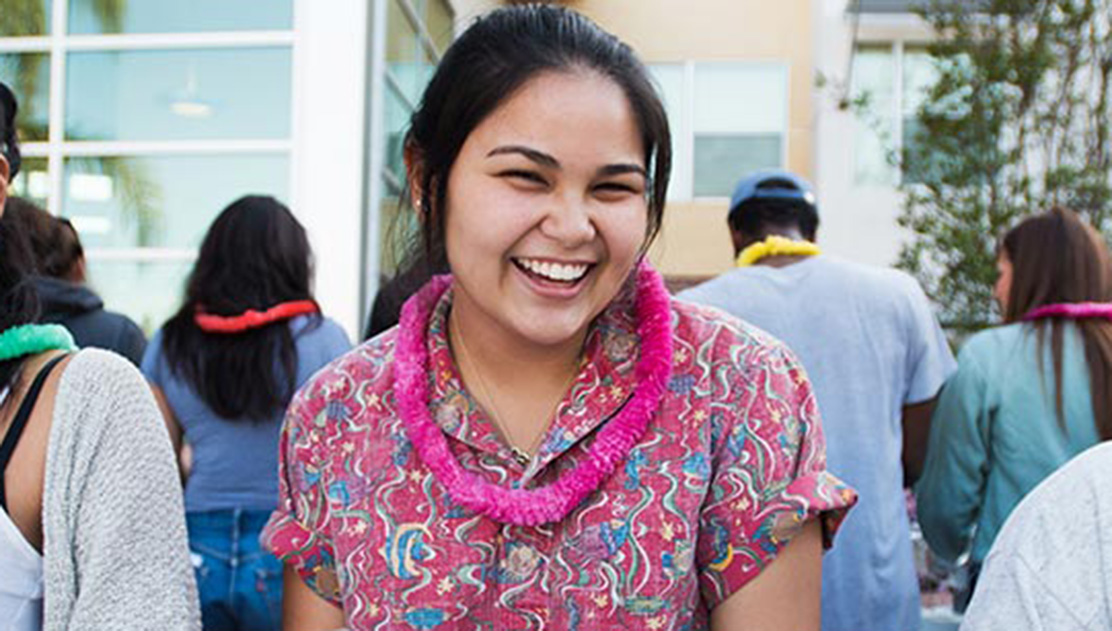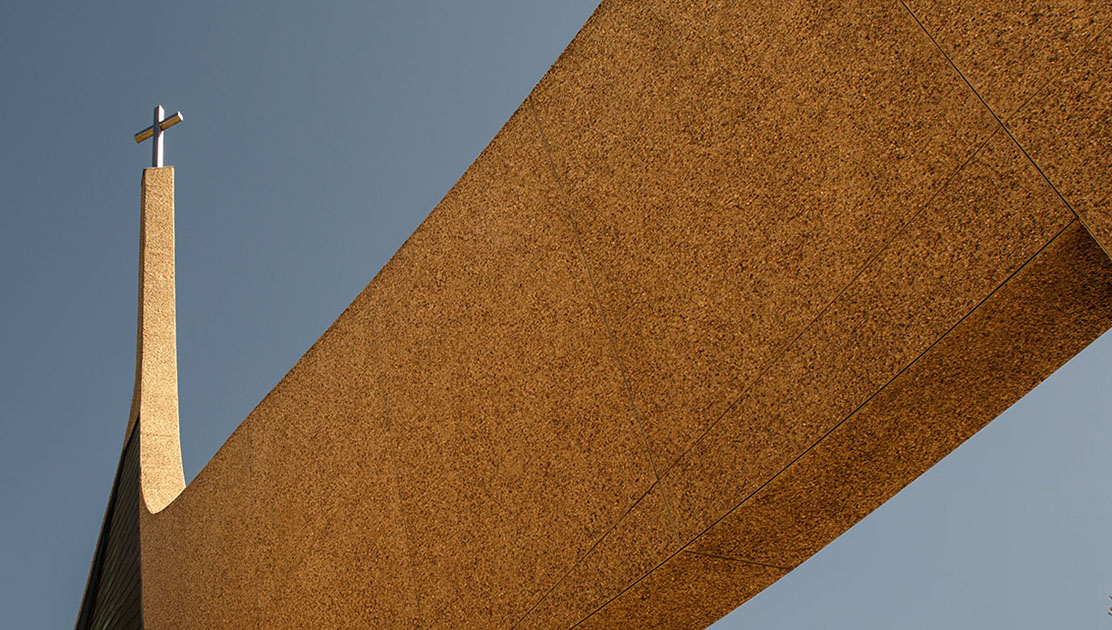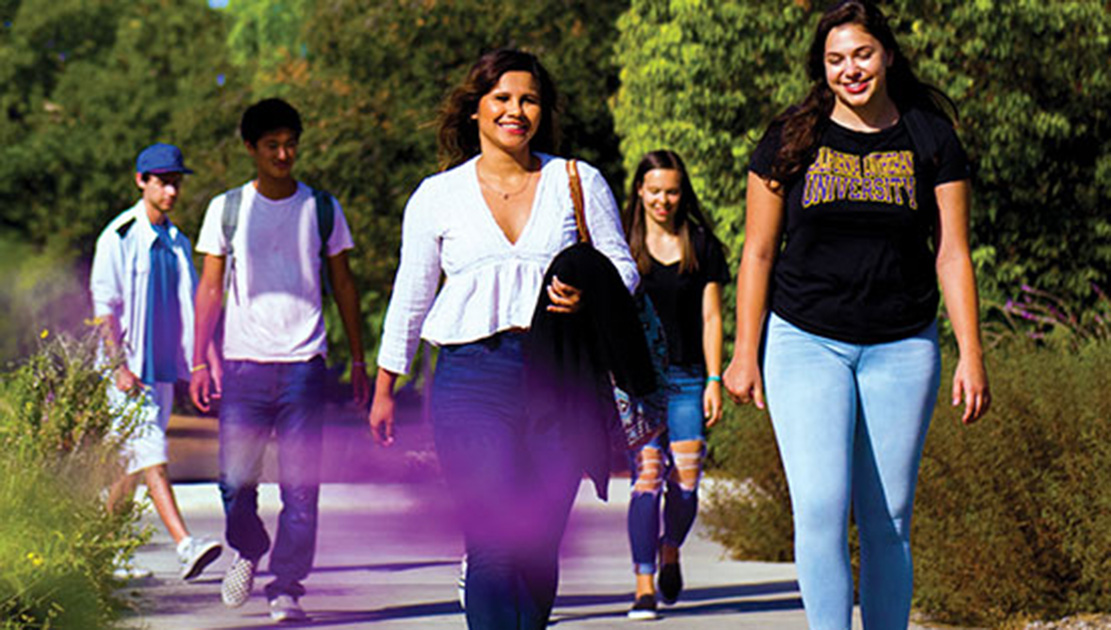Welcome to California Lutheran University.
Founded in 1959 and formally recognized as a Hispanic-Serving Institution since 2016, Cal Lutheran is home to 2,160 undergraduate and 984 graduate students. Our students come from 67 countries and represent a wide spectrum of faiths and spirituality.
Our dedicated, accomplished faculty works with small classes of students who are open-minded
— about ideas, about people and about faith — and are seeking to grow as individuals.
Both in and out of the classroom, everyone at Cal Lutheran is committed to helping each student pursue their passions to discover their purpose.
By following that purpose, our students can transform their communities and the world.
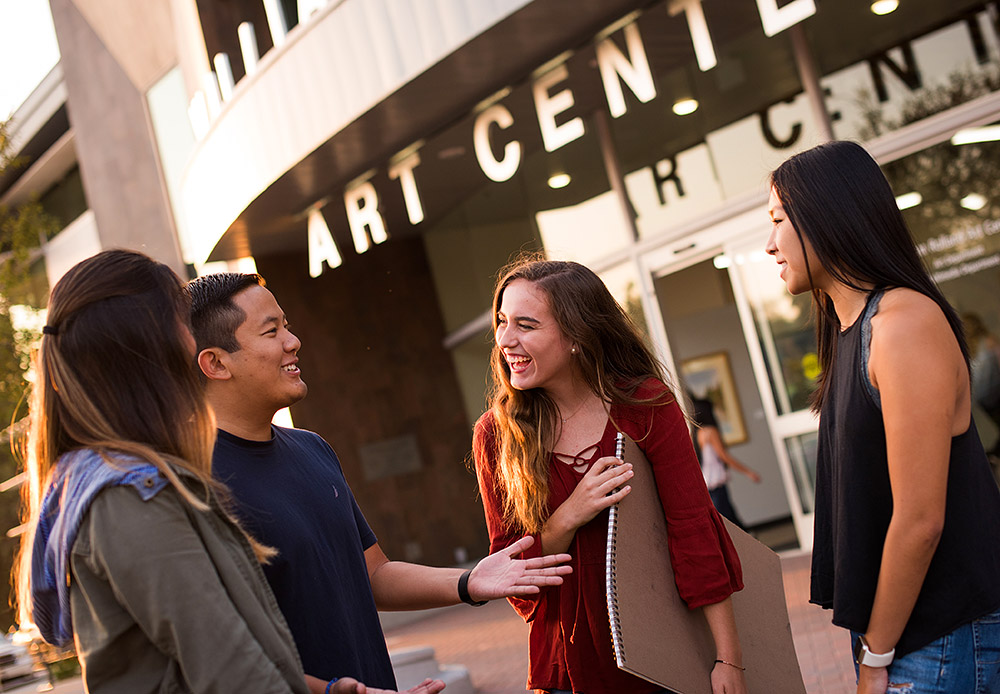
Schools and Colleges
Cal Lutheran is made up of six schools and colleges, which serve students across a
range of academic departments and deliver the personalized classroom experience we
are known for.
Degrees and Programs
Undergraduate degrees: We offer 44 majors and 46 minors through our traditional bachelor's degree programs.
Degree-completion program: Our flexible Bachelor’s Degree for Professionals program is designed for returning adult students.
Graduate degrees: Through our specialized graduate schools, we offer degrees, credentials and certificates for professional fields.
Campus Locations
Cal Lutheran's Thousand Oaks campus, between Los Angeles and Santa Barbara, is complemented by satellite centers in Oxnard, Santa Maria and Westlake Village.
Pacific Lutheran Theological Seminary in Berkeley, California, is one of eight seminaries of the Evangelical Lutheran Church in America and a founding member of the Graduate Theological Union.
Serving Our Communities
Diversity, Equity, Inclusion, Justice and Belonging
Bolstered by a strategic plan, monthly signature events, and centers, offices and programs that deliver key initiatives, our campus community plays an active role in leading positive change.
Lutheran Higher Education
As an institution of the Evangelical Lutheran Church in America, Cal Lutheran embodies a vital educational tradition that spans more than 500 years — and everyone is welcome here.
Hispanic-Serving Institution
Our designation as a Hispanic-Serving Institution provides benefits to all Cal Lutheran students through specialized funding, programs and community support.
Happenings @ Cal Lutheran
Check out the latest news and events around campus.
